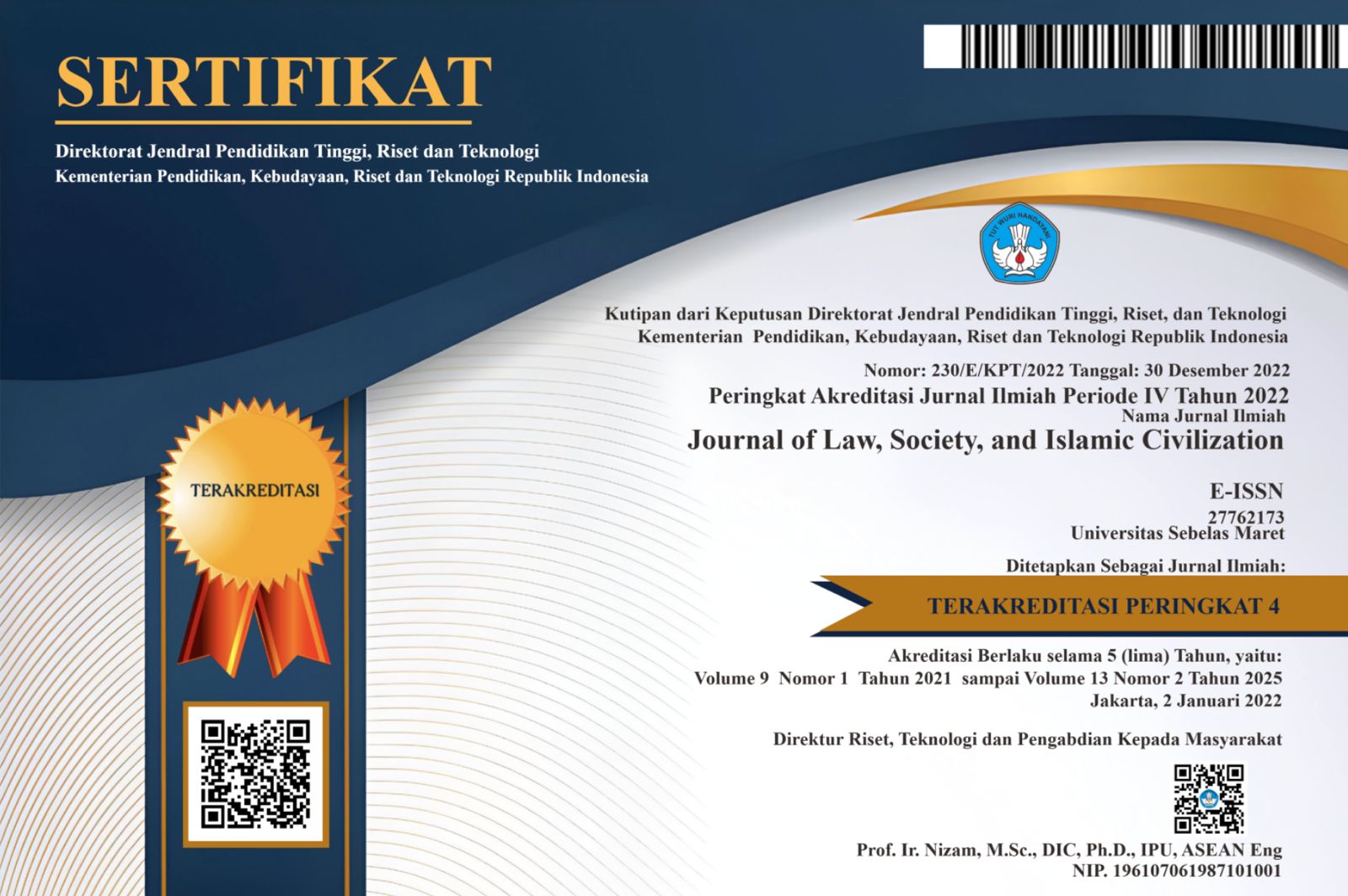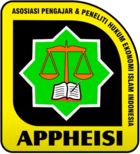Analisis Yuridis terhadap Kedudukan Anak Hasil Perkawinan Siri
Abstract
The purpose of this study is to determine the juridical analysis of the position of the child, the legal status of the child and to find out the government's efforts to overcome the position of the child from an unregistered marriage. This type of research is an empirical descriptive qualitative. The data source uses primary data sources and secondary data sources. Data collection techniques are interviews, observation and documentation. The results of the study indicate that children resulting from unregistered marriages are registered and then registered in the civil registration in order to obtain a legal legal position. The legal status of unmarried children is that after the Decision of the Constitutional Court Number 46/PUU-VIII/2010, if it can be proven based on science and technology and/or other evidence, it turns out that they are related by blood as their father, then they are entitled to inherit from their father. The government's effort in overcoming the position of children from unregistered marriages is to socialize so that siri couples become legal marriages, namely by registering with marriage istbat and re-marrying.
Keywords: legal status, legal status, children, unregistered marriage
Full Text:
PDFReferences
Jurnal:
Maghfirah, S. (2016). Kedudukan Anakan Menurut Hukum Positif di Indonesia. Jurnal Ilmiah Syariah. 15(2): 214-221
Olivia, F. (2014). Akibat Hukum terhadap Anak Hasil Perkawinan Siri Pasca Putusan Mahkamah Konstitusi. Lex Jurnalica, 11(2),: 130-142
Paramithasari, A. Y., & Nugraheni, A. S. C. (2016). Problematika dalam Pelaksanaan Pengesahan dan Pencatatan Anak Berdasarkan Undang-undang Administrasi Kependudukan (Telaah Studi di Kota Surakarta). Privat Law, 4(1): 142-151
Syamdan, A. D., & Purwoatmodjo, D. (2019). Aspek Hukum Perkawinan Siri Dan Akibat Hukumnya. Notarius, 1(12): 452-466
Tude, E.S , Nixon, dkk. (2020). Kualitas Pelayanan Publik Dinas Kependudukan dan Pencatatan Sipil. Jurnal Eksekutif. 4(4): 1-10
Buku:
Asshiddiqie, J. (1997). Teori & Aliran Penafsiran Hukum Tata Negara. Jakarta: Ind. Hill.Co, Jakarta,.
Bambang Sunggono. (2003). Metodologi Penelitian Hukum. Jakarta: PT Raja Grafindo Persada.
Charlie Rudyat. (2013). Kamus Hukum: Rangkuman Istilah-Istilah dan Pengertian Dalam Hukum Internasional, Hukum Perdata, Hukum Pidana, Hukum Islam, Hukum Perburuhan, Hukum Administrasi Negara, Hukum Tata Negara, Hukum Agraria, Hukum Pajak, Hukum Telematika,., dan Hukum Lingkungan. Jakarta: Pustaka Mahardika
Mahmud, P. (2011). Penelitian Hukum. Jakarta : Kencana Prenada Media Grup
Refbacks
- There are currently no refbacks.












